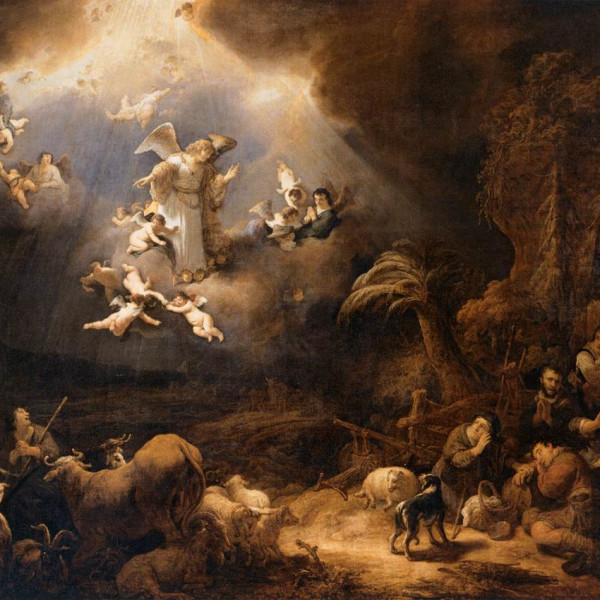Christmas

As Christmas has approached, I’ve been reminded that traditional Christmas songs have embodied some of the most hopeful messages for humanity ever written.
This makes sense — their subject matter draws from the birth stories of Jesus, stories which themselves draw from the deeper impulses and hopes of the Jewish tradition, a tradition which saw humanity as nothing less than the heirs and children of God.
Peace on earth. Good will towards men.
The whole earth is to be pacified under this baby’s feet. Nations are to turn away from war, the violent are to lay down their weapons, the weak are to rise up and flourish. And then humanity will become what it was always destined to be — the caretakers of creation, the cultivators of new life, the namers of the cosmos.
This vision is so gradiose, that it is really only ever captured in song. Even angels must resort to melody to carry the message.
But this is the message that lies behind everything else in the biblical account, snaking its way among the ups and down of Jewish history, finally bursting into the light with the birth of Jesus.
This baby will open a crack in history — becoming both the way by which this visison will come to be, and the first example of what this vision really means. In his life, he will act as the first true human, renewing and cultivating creation wherever he goes. He will embrace joy and good things, because he brings joy and good things to the world. He will show compassion, because that is what he is. He will speak truth, because truth is what he loves.
And the cosmos will bow, because here at last, a human walks as the child of God.